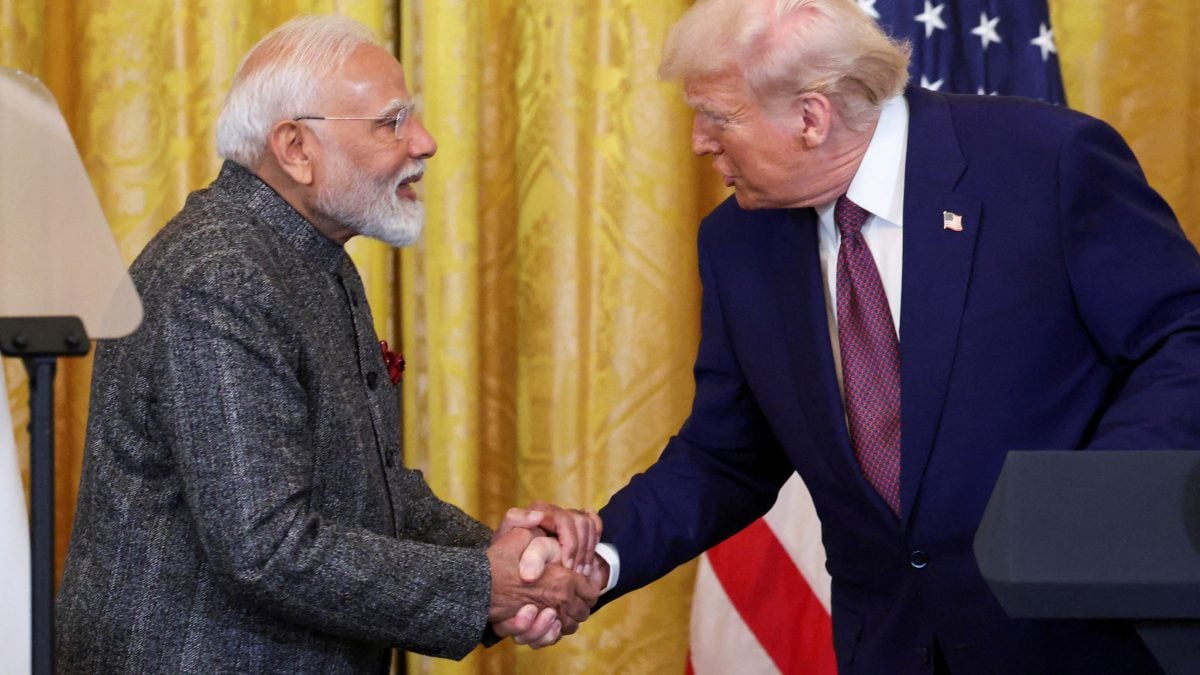

A planned visit by a U.S. team to India for bilateral trade agreement negotiations has been postponed amid escalating trade tensions between the two nations. The U.S. delegation was scheduled to visit India from August 25-29 for the sixth round of discussions on the proposed Bilateral Trade Agreement (BTA). However, this visit is now likely to be rescheduled.
This deferral occurs in the context of increasing tariffs imposed by the U.S. on Indian goods, coupled with U.S. demands for greater access to India's agriculture and dairy sectors. The U.S. is reportedly seeking increased market access in these sensitive sectors, a proposition that India is hesitant to accept, as it could adversely affect the livelihoods of small and marginal farmers. India has maintained a firm stance, asserting that it will not compromise the interests of its farmers and cattle rearers.
The U.S. has already implemented a 25% tariff on Indian goods entering the U.S. since August 7. Furthermore, an additional 25% tariff, as a penalty for India's purchase of crude oil and military equipment from Russia, is scheduled to take effect on August 27. This could result in a total of 50% tariffs on Indian exports to the US.
Despite these trade tensions, both countries have publicly stated their intention to finalize the first phase of the BTA by the fall of 2025. The U.S. remains India's largest trading partner. During April-July 2025, India's exports to the U.S. increased by 21.64% to $33.53 billion, while imports rose by 12.33% to $17.41 billion. The two countries are aiming to more than double the bilateral trade to USD 500 billion by 2030, from the present USD 191 billion.
However, states within India have voiced concerns regarding the BTA negotiations. The government of Kerala, for instance, expressed "grave concern" over the potential risks to crops like coconut, rubber, pepper, cardamom, tea, and coffee. They emphasized the necessity of consulting with state governments on any agreement impacting agriculture to avoid severe socioeconomic and ecological consequences.
The Indian Commerce and Industry Ministry is reportedly in communication with exporters and export promotion councils to assess the impact of the existing 25% tariff. Several inter-ministerial committees have also been established to understand the sectoral impact of the tariffs, and state governments are exploring ways to facilitate exporters. The BTA negotiations were initiated in March 2025, and five rounds of talks have been conducted thus far.